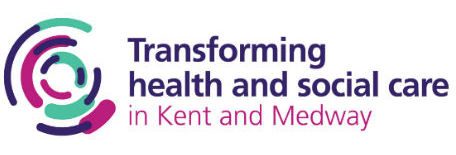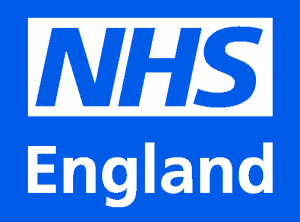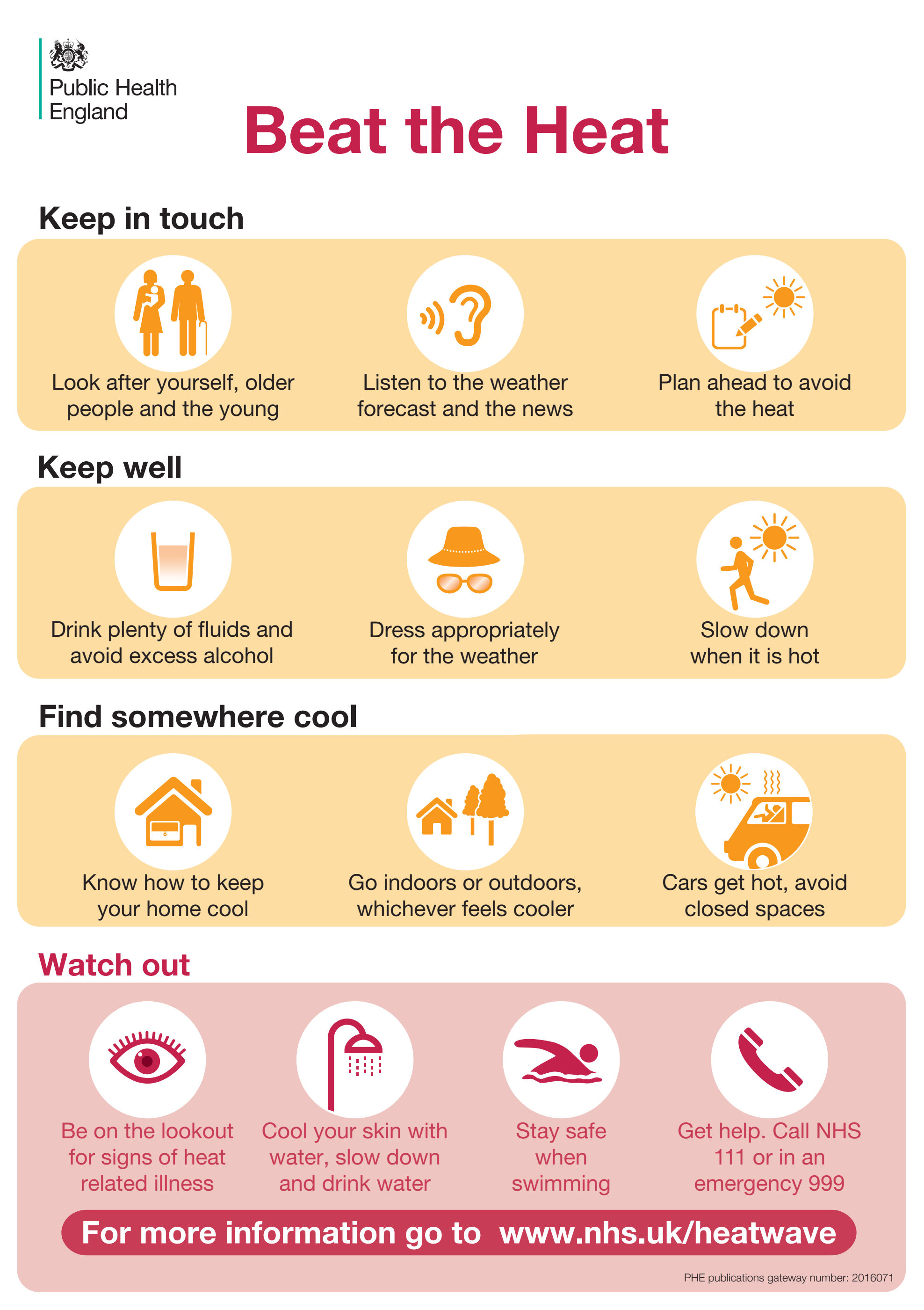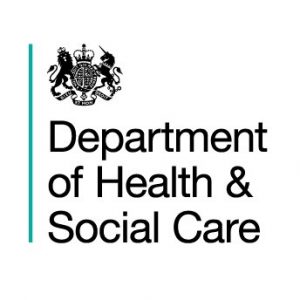Transforming health and social care in Kent and Medway
Opens: 11 September 2019
Closes: 23 September 2019
The NHS in Kent and Medway is seeking your views on how health services are commissioned (planned and purchased).
At the moment we are one of eight GP-led clinical commissioning groups (CCGs) across Kent and Medway, responsible for planning and spending the health budget to meet local needs.
Although we and the other CCGs have much to be proud of over the last six years, the GPs who chair the CCGs, including our clinical chair, now believe the CCGs should merge to form a new single clinical commissioning group for Kent and Medway, which would also be led by GPs.
A single Kent and Medway CCG would:
- provide a ‘bird’s eye view’ of health priorities for people across Kent and Medway based on a detailed understanding of local health needs, so that care can be planned effectively for everyone
- identify where challenging health problems can be shared and tackled
- allow the consistent commissioning of some services – such as cancer, mental health, children’s services and prevention – across Kent and Medway
- focus on the health, wellbeing and care needs of the whole population
- reduce management and administration costs across Kent and Medway.
There was a survey earlier this summer to get people’s initial views on the suggested changes. They include GP practices working much more closely together, and all the services in given areas (such as east Kent) joining up care for local people. Building on the feedback from that survey, we’d now like to find out your views about the specific proposal to create a single clinical commissioning group (CCG) for Kent and Medway.
In June, we published a leaflet Helping local people live their best life which set outs more details. This included a survey which ran until August, to get people’s initial views on the suggested changes. They include GP practices working much more closely together, and all the services in given areas (such as east Kent) joining up care for local people.
Building on the feedback from that survey, we’d now like to find out your views about the specific proposal to create a single clinical commissioning group (CCG) for Kent and Medway.
The survey is open until 23 September. Please complete it and share with your friends, colleagues and family as your views are important to us.
NHS Ashford Clinical Commissioning Group
11 September 2019
https://www.ashfordccg.nhs.uk/news/blog/?blogpost=11417













